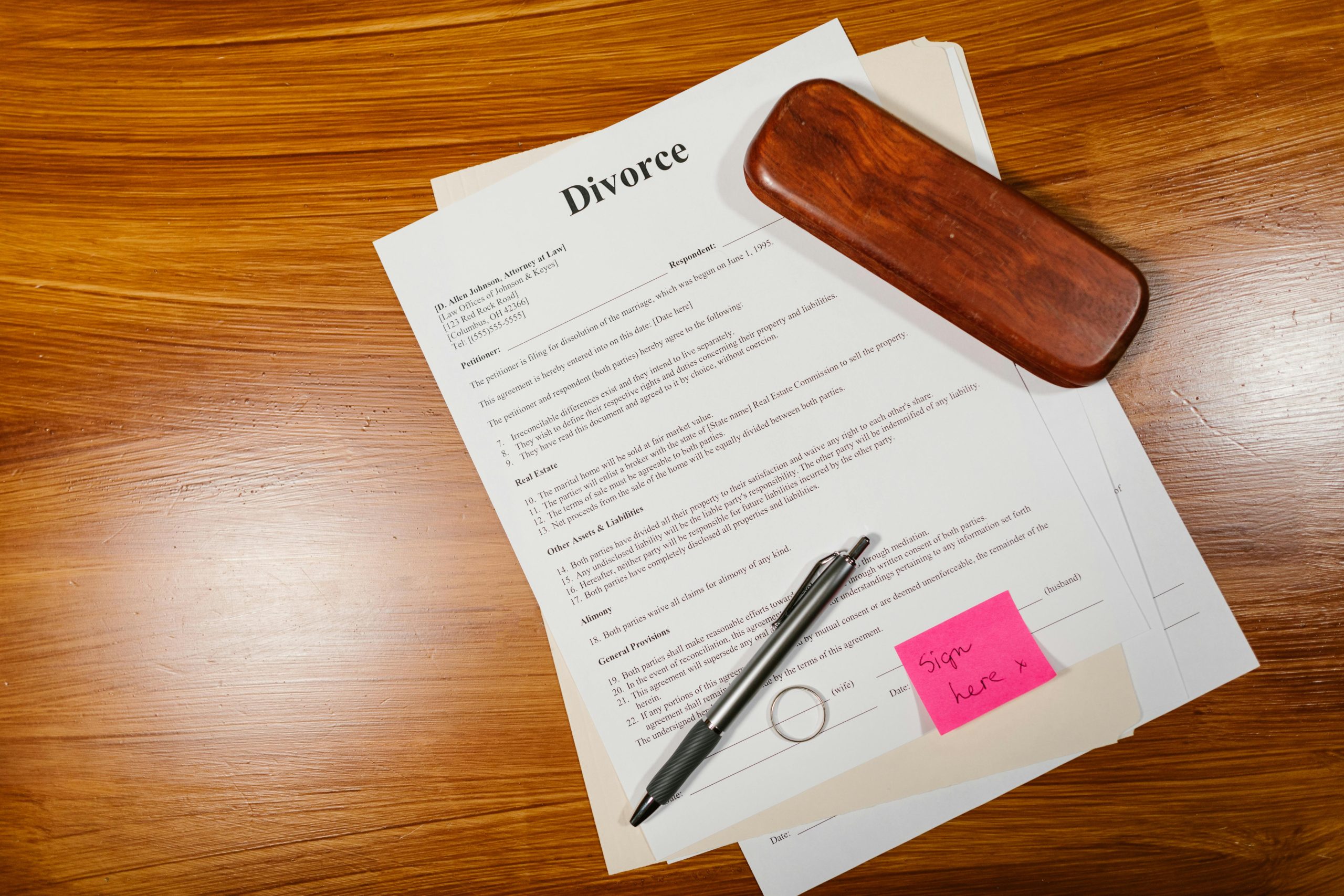Understanding Liability After Selling a Vehicle: What You Need to Know
Selling a vehicle can sometimes lead to unexpected complications, especially when legal or financial issues arise after the transfer of ownership. Recently, I encountered a situation that highlights the importance of proper documentation and understanding your legal responsibilities as a seller.
Scenario Overview
A vehicle owner sold their car and promptly signed over the pink slip, ensuring they possessed proof of the sale and a valid Release of Liability. However, shortly after the sale, the new owner was involved in an accident, was uninsured, and subsequently faced legal troubles. Now, the original seller is receiving notices from a collection agency claiming they owe approximately $12,000 for damages caused by the accident.
Legal Implications and Responsibilities
This situation raises a common question: Is the original vehicle owner still liable after selling the car? Generally, once the owner transfers ownership officially—signing the pink slip and submitting a Release of Liability—they are typically protected from future liability related to the vehicle. The Release of Liability is crucial evidence demonstrating that the owner no longer bears responsibility for the vehicle’s use.
However, complications can occur if the sale was not properly documented or if the DMV records do not reflect the transfer. In cases where the new owner caused an accident shortly after the sale, and the original owner can show proof of sale, most legal frameworks suggest they are not responsible for damages incurred by the new owner.
What Can You Do?
- Maintain thorough documentation: Keep copies of the signed pink slip, the Release of Liability, and any correspondence with authorities or agencies like the DMV.
- Verify the transfer: Confirm that the DMV records show the vehicle is no longer registered in your name.
- Communicate with the collection agency: Provide them with proof of sale and liability release to clarify that you are not responsible.
- Seek legal advice: If the debt collection persists, consulting with an attorney experienced in vehicle law can help protect your rights and clarify your obligations.
Key Takeaway
Selling a vehicle requires comprehensive documentation and prompt notification of the transfer to relevant authorities. While signing over the vehicle and submitting a Release of Liability usually shield you from future liabilities, maintaining detailed records and verifying the transfer are essential steps. If you find yourself in a similar situation, proactive communication and professional guidance can help resolve the matter effectively.
Stay informed and safeguard your rights when selling your vehicle.



